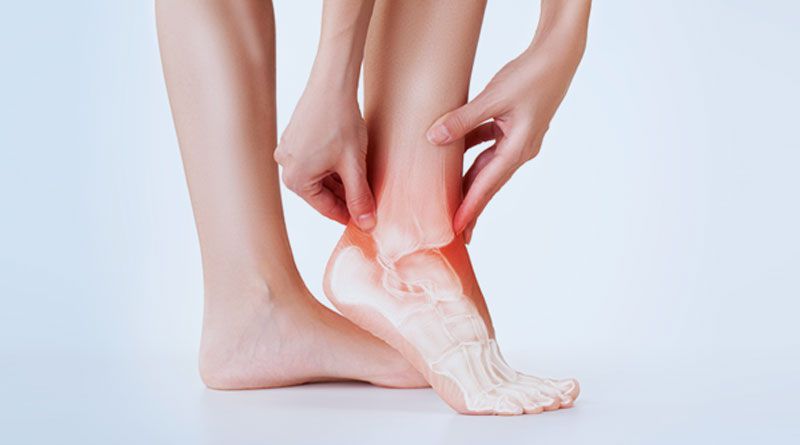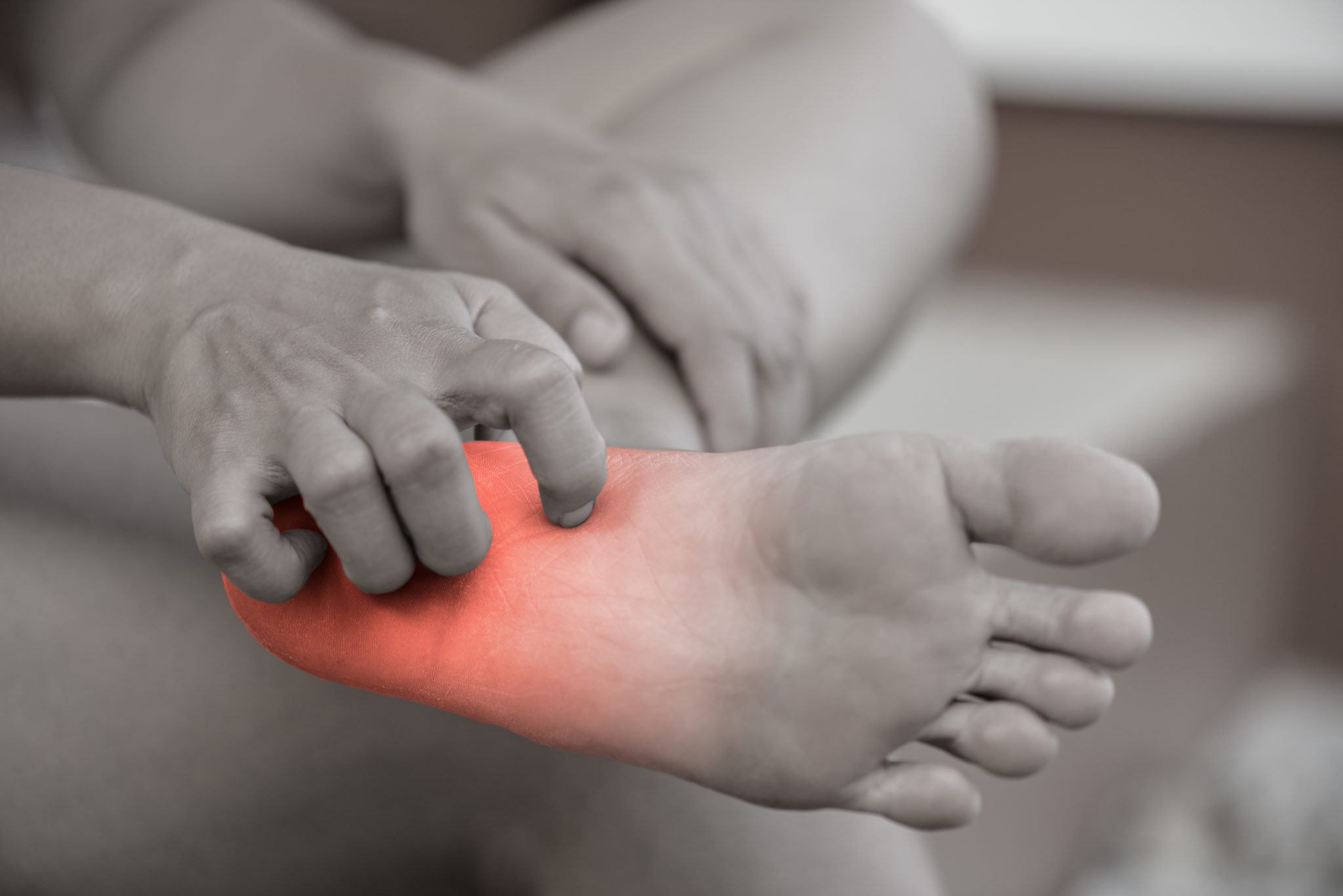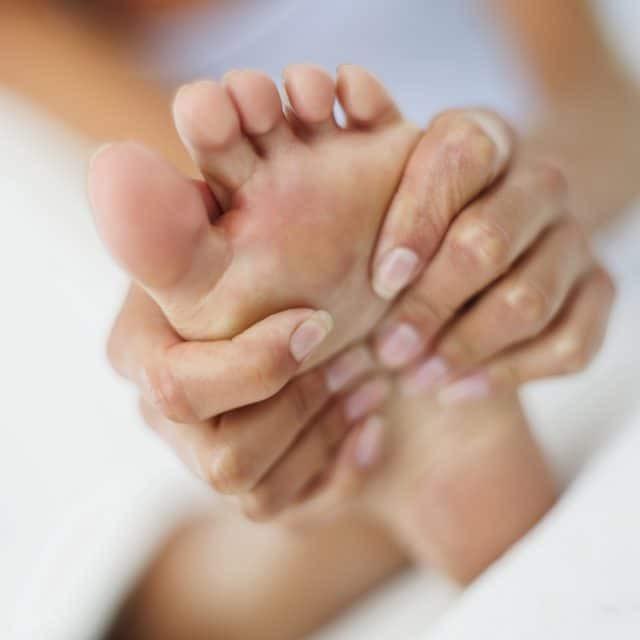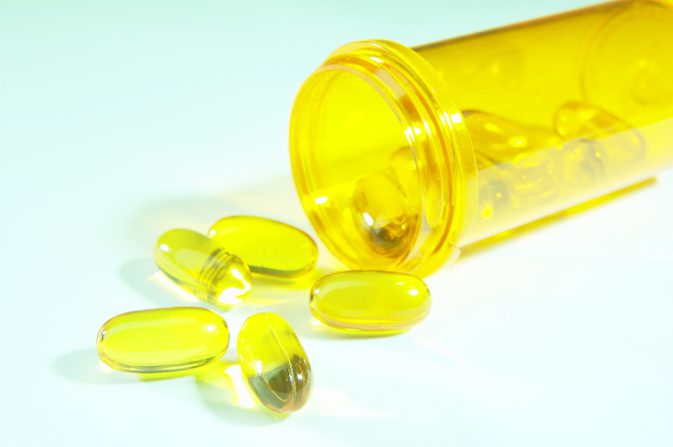What is Alcoholic Neuropathy?
Alcohol can be toxic to nerve tissue. People who drink too much may start to feel pain and tingling in their limbs. This is known as alcoholic neuropathy. In people with alcoholic neuropathy, the peripheral nerves have been damaged by too much alcohol use. The peripheral nerves transmit signals between the body, the spinal cord, and the brain.
Thiamine, folate, niacin, vitamins B6 and B12, and vitamin E are all needed for proper nerve function. Drinking too much can alter levels of these nutrients and affect the spread of alcoholic neuropathy. Fortunately, abstaining from alcohol can help restore your nutritional health. This may improve your symptoms and help prevent further nerve damage. However, some alcohol-induced nerve damage is permanent.
Symptoms of Alcoholic Neuropathy
Alcoholic neuropathy can affect both movement and sensation. Symptoms range from slight discomfort to major disability. Although the condition is not life threatening, it can decrease your quality of life. Some areas of the body affected by alcoholic neuropathy include:
Arms and Legs
- numbness
- tingling and burning
- prickly sensations
- muscle spasms and cramps
- muscle weakness and atrophy
- loss of muscle functioning
- movement disorders
Urinary and Bowel
- incontinence
- constipation
- diarrhea
- problems starting urination
- feeling that the bladder hasn’t been emptied fully
Other
- sexual dysfunction
- impotence
- impaired speech
- difficulty swallowing
- heat intolerance, particularly following exercise
- vomiting and nausea
- dizziness or lightheadedness
Call your doctor if you have neuropathy symptoms. Early diagnosis and treatment make it more likely that you will be able to recover.
Causes of Alcoholic Neuropathy
Your peripheral nerves help your body manage important sensory and motor functions including:
- bowel and urinary elimination
- walking
- sexual arousal
- arm and leg movement
- speech
Alcoholic neuropathy is the result of damage to these nerves. The damage may be the direct result of long periods where you drank too much alcohol. Nutritional problems linked to alcohol use, such as vitamin deficiency, can also cause nerve damage.
Diagnosing Alcoholic Neuropathy
Your doctor will need to examine you to diagnose this condition. It is important to share any history of alcohol use with your doctor to get an accurate diagnosis. Your doctor will need to rule out other potential causes for your symptoms.
Tests, which may identify other potential causes of neuropathy, include:
- nerve biopsy
- nerve conduction tests
- upper GI and small bowel series
- neurological examination
- electromyography
- esophagogastroduodenoscopy (EGD)
- kidney, thyroid, and liver function tests
- complete blood count (CBC)
Blood tests can also look for vitamin deficiencies that are linked to both nerve health and alcohol use. Nutrients your doctor might test for include:
- niacin
- thiamine
- folate
- vitamins B6 and B12
- biotin and pantothenic acid
- vitamins E and A
Treatment for Alcoholic Neuropathy
The most important thing you can do to treat this condition is to stop drinking. Treatment may first focus on problems with alcohol use. For some people, this may require inpatient rehab. Others may be able to stop drinking with outpatient therapy or social support.
Once alcohol use has been addressed, your doctor can focus on the neuropathy itself. Symptom management is important. Nerve damage can also make it difficult for you to carry out the functions of daily life. Nerve damage may even make injuries more likely.
Every person’s needs are different. Treatment for neuropathy may involve one, or many, different types of care. These include:
- vitamin supplements to improve nerve health (folate, thiamine, niacin, and vitamins B6, B12, and E)
- prescription pain relievers (tricyclic antidepressants and anticonvulsants)
- medication for people with problems urinating
- physical therapy to help with muscle atrophy
- orthopedic appliances to stabilize extremities
- safety gear, such as stabilizing footwear, to prevent injuries
- special stockings for your legs to prevent dizziness
Outlook of Alcoholic Neuropathy
Nerve damage from this condition is usually permanent. Your symptoms are likely to get worse if you don’t stop drinking. This could lead to disability, chronic pain, and damage to your arms and legs. However, if caught early enough, you can minimize the damage from alcoholic neuropathy. Avoiding alcohol and improving your diet can sometimes lead to a moderate to full recovery.
Preventing Alcoholic Neuropathy
You can avoid alcoholic neuropathy by:
- avoiding excessive drinking of alcohol
- not drinking alcohol if you have symptoms of alcoholic neuropathy
- seeking help if you are having trouble avoiding alcohol
- eating a healthy and balanced diet
- taking vitamin supplements if you have deficiencies (always talk to your doctor before taking supplements)





